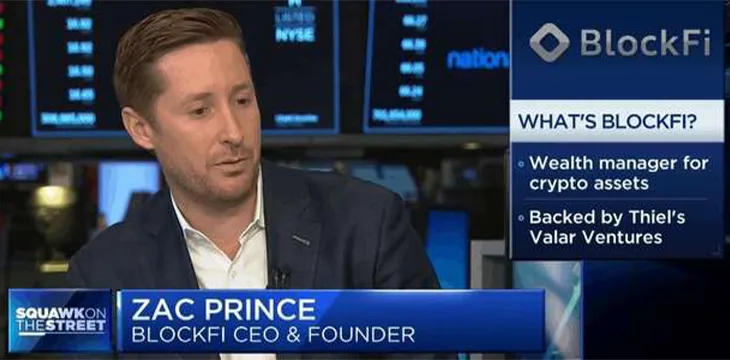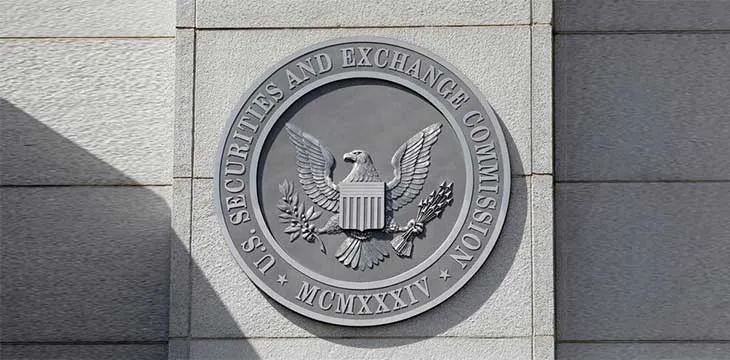
Law
Kentucky’s cease and desist order to BlockFi
Kentucky's Department of Financial Institutions has issued a cease and desist order to BlockFi over its BlockFi Interest Accounts.
Texas files cease and desist against BlockFi
The state of Texas has filed a Cease and Desist order against BlockFi and claims that BlockFi's Interest Accounts are...
Ethereum researcher Virgil Griffith ordered back to jail
Judge Castel has ordered ethereum researcher Virgil Griffith to go back to jail until his trial begins in September 2021.
BlockFi ordered to cease and desist by NJ Attorney General
BlockFi, the popular cryptocurrency lending and borrowing platform, has been issued a cease and desist order by NJ's Attorney General.
SEC crackdown targets ICO promoter Coinschedule
The SEC continues to crack down on individuals and enterprises associated with the blockchain and digital currency space.
Argentine lawmaker proposes bill allowing salary payments in digital currencies
The bill seeks to allow employees and service exporters to receive part or their full salary in digital currencies in...
Recent
Trending
Most Views

 07-03-2025
07-03-2025 
























